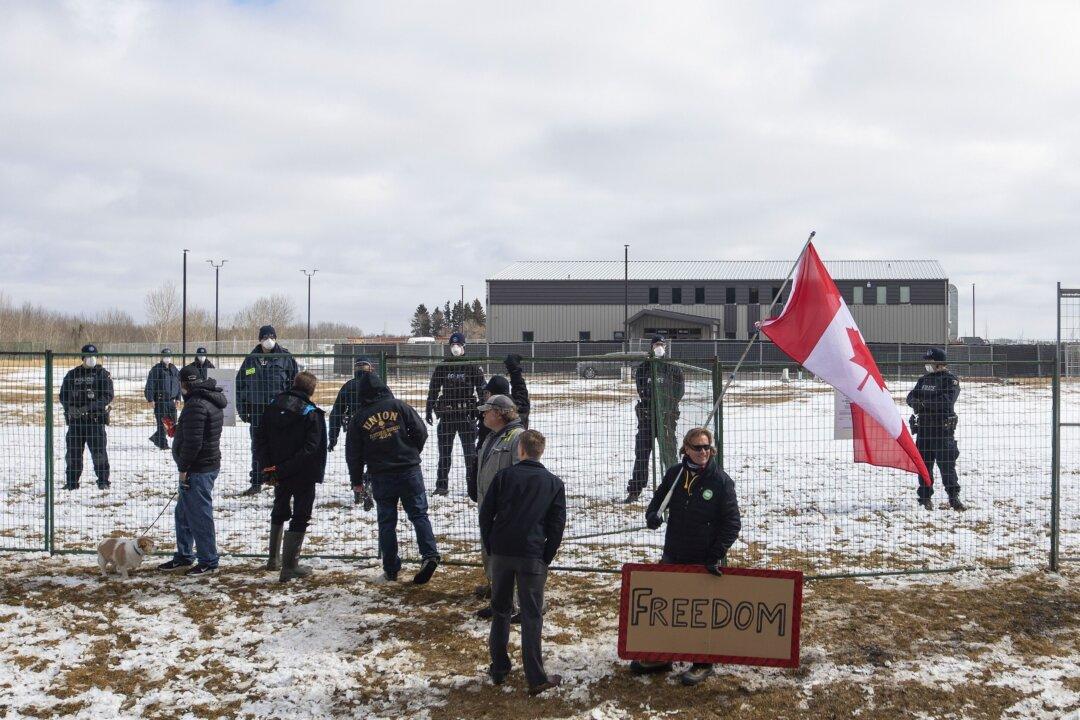Commentary
Inside a spectacular courtroom at the Supreme Court of Canada building in early April, Justice Richard Mosley of the Federal Court heard arguments from national civil liberties organizations about why the Government of Canada’s invocation of the Emergencies Act last year was illegal and unconstitutional. The Federal Court is the last guardrail of accountability for the Trudeau government’s use of the extraordinary and powerful legislation.


